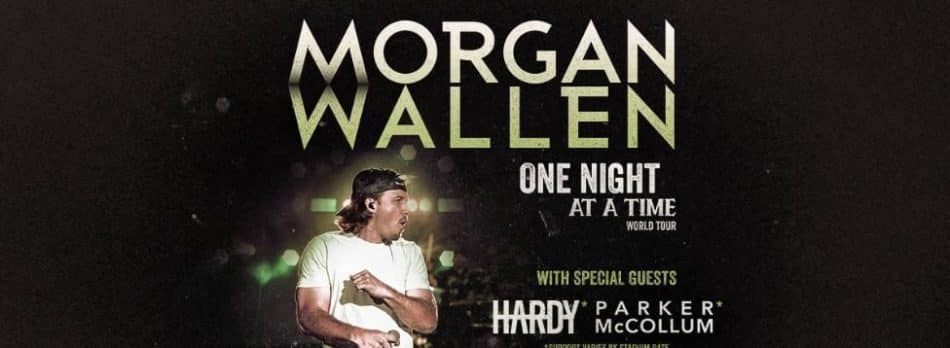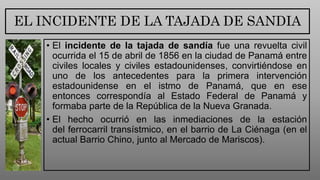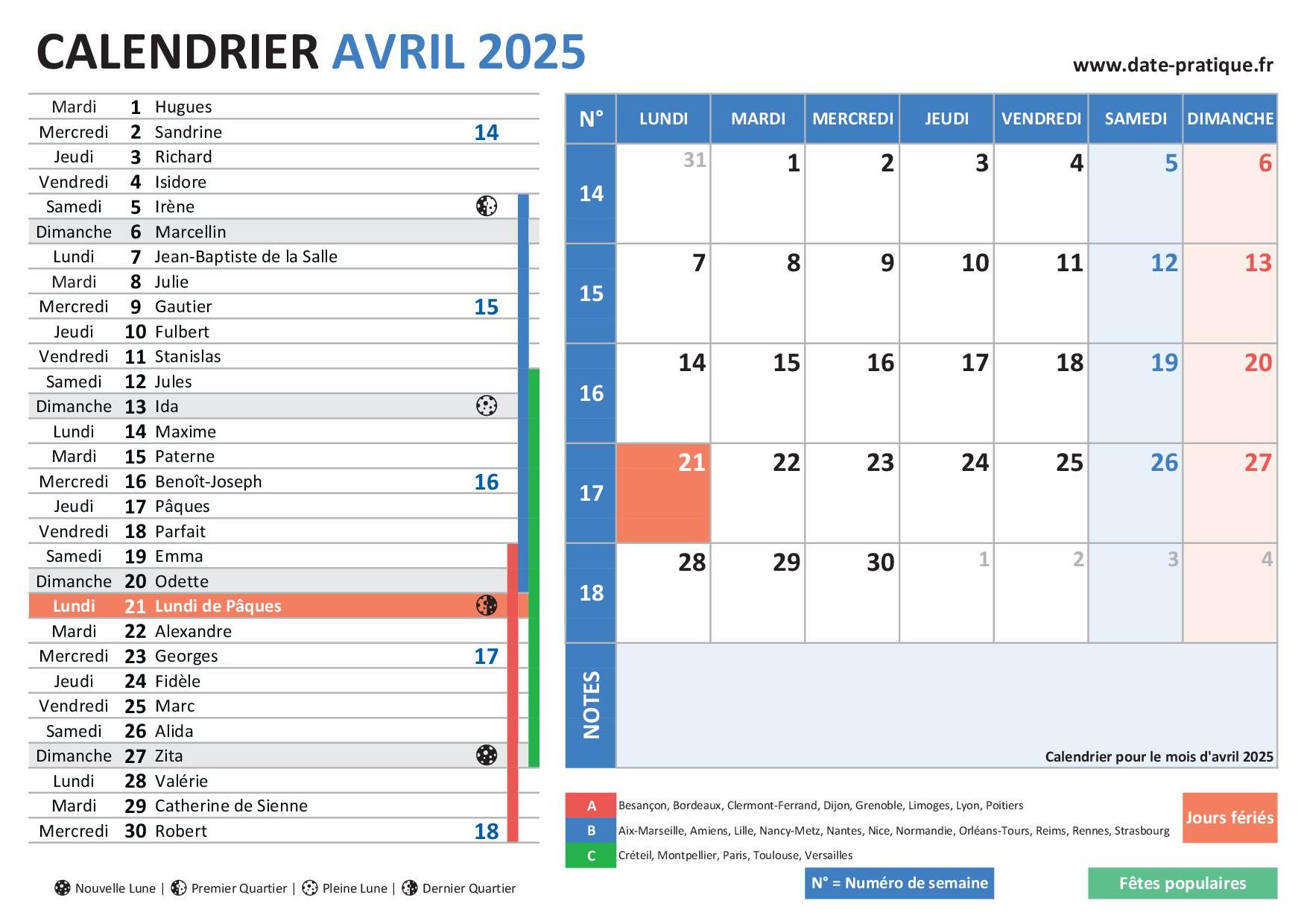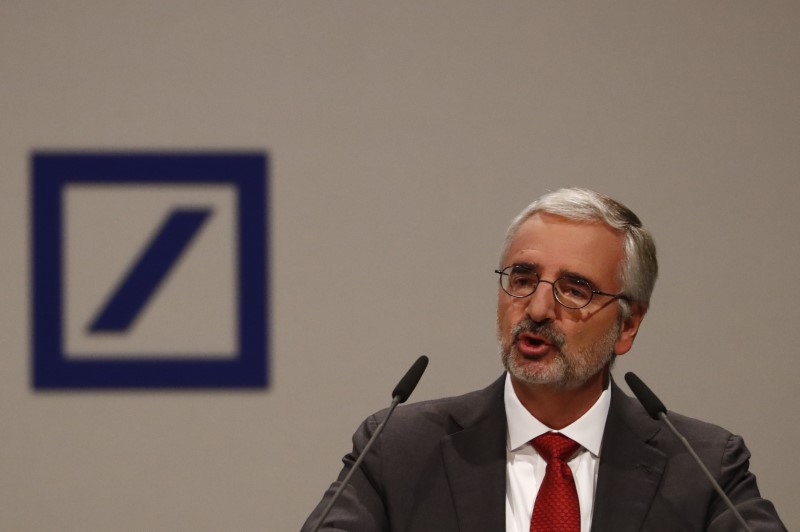Ticketmaster Warning: Fake Ticket Sellers Costing Punters Thousands

Table of Contents
How Fake Ticket Sellers Operate
Fake ticket sellers employ a range of deceptive tactics to trick buyers into purchasing counterfeit or invalid tickets. Understanding their methods is the first step in protecting yourself.
Common Scams and Tactics
The methods used by scammers are constantly evolving, but some common tactics include:
-
Phishing Emails and Websites Mimicking Ticketmaster: These often look incredibly realistic, featuring the Ticketmaster logo and branding. They might send emails claiming to offer special deals or urgent ticket confirmations, leading to fraudulent websites designed to steal your personal and financial information. Look closely at the email address and website URL for slight variations from the official Ticketmaster domain.
-
Social Media Scams Offering Discounted or "Unofficial" Tickets: Scammers frequently advertise discounted or "unofficial" tickets on platforms like Facebook, Instagram, and Twitter. These tickets are often fake, and you risk losing your money without ever receiving access to the event. Be wary of offers that seem too good to be true.
-
Bogus Resale Sites with Counterfeit Tickets: Many unofficial resale sites operate with little to no verification processes. These sites might appear legitimate at first glance but often sell fake or invalid tickets.
-
Using Stolen Credit Card Details to Purchase Legitimate Tickets then Reselling Them: This involves purchasing legitimate tickets using stolen credit card information, then reselling these tickets on secondary market platforms. The original purchase is later cancelled, leaving the buyer with an invalid ticket.
-
Ticket "Clones": These involve creating near-perfect copies of legitimate tickets. The sophistication of these fakes makes them difficult to spot, and they are often sold at inflated prices.
Understanding the Secondary Market Risks
Buying tickets from unauthorized resellers, even if they appear legitimate, carries substantial risks. These risks include:
-
Inflated Prices: Resellers often significantly inflate the original ticket price, taking advantage of high demand.
-
Invalid Tickets: The most significant risk is receiving invalid tickets that are rejected at the venue entrance. This could result in a significant financial loss, wasted travel expenses, and considerable disappointment.
-
Lack of Buyer Protection: Many secondary market platforms offer limited or no buyer protection, leaving you with little recourse if you receive a fraudulent ticket.
-
Legal Implications: Buying or selling counterfeit tickets can have serious legal consequences, potentially leading to fines or even criminal prosecution.
Identifying Fake Ticketmaster Tickets
Knowing the warning signs of fraudulent tickets is essential for protecting yourself from scams.
Warning Signs to Look Out For
-
Unusually Low Prices: Be extremely cautious of deals that are significantly lower than the official Ticketmaster price.
-
Suspicious Websites: Look for poor website design, lack of secure payment gateways (https), and missing contact information.
-
Lack of Seller Information: Legitimate sellers will typically provide contact information and verification details.
-
Unusual Payment Methods: Avoid sellers who insist on unconventional payment methods like wire transfers or prepaid cards.
-
Poor-Quality Ticket Images or PDFs: Low-resolution or blurry images of tickets should raise red flags.
Verification Techniques
-
Checking Ticket Numbers (If Possible): While Ticketmaster doesn't always make this possible, if you have the ticket number and seller details, it's worth attempting to verify the ticket’s authenticity directly.
-
Contacting Ticketmaster Directly: If you have any doubts about the legitimacy of a ticket, contact Ticketmaster's customer support for verification.
-
Using Ticketmaster's Official Resale Platform (if available): Ticketmaster occasionally offers official resale platforms; using these ensures you’re buying from a verified source.
Protecting Yourself From Ticket Scams
Adopting safe ticket purchasing practices minimizes your risk of falling victim to scams.
Safe Ticket Purchasing Practices
-
Official Channels Only: Purchase tickets solely from official Ticketmaster channels or authorized resellers.
-
Avoid Suspicious Links and Emails: Never click on links or open emails from unknown senders offering tickets.
-
Secure Payment Methods: Use secure payment methods like PayPal or credit cards with buyer protection.
-
Beware of "Too Good to Be True" Deals: If a deal seems too good to be true, it probably is.
-
Thorough Seller Research: Before purchasing, thoroughly research the seller’s reputation and reviews.
Reporting Fraudulent Activity
If you suspect you've encountered a scam, report it immediately to:
-
Ticketmaster: Contact Ticketmaster's customer support to report the fraudulent activity.
-
Law Enforcement: If you've suffered a significant financial loss, report the scam to your local law enforcement agency. They can provide advice and potentially aid in an investigation.
Conclusion: Stay Safe and Avoid Fake Ticketmaster Tickets
Identifying and avoiding fake Ticketmaster tickets requires vigilance and awareness. By following the safe purchasing practices outlined above and being cautious of suspicious offers, you can significantly reduce your risk of becoming a victim of these scams. Remember to always buy from official sources and thoroughly vet any reseller before completing a purchase. Share this article with your friends to help protect them from fake Ticketmaster tickets and other similar scams. Remember, being vigilant is the best way to avoid becoming a victim of fake Ticketmaster ticket scams.

Featured Posts
-
 Noticias De Ticketmaster Incidente Del 8 De Abril Y Soluciones
May 30, 2025
Noticias De Ticketmaster Incidente Del 8 De Abril Y Soluciones
May 30, 2025 -
 Debat Caveriviere Tabarot Loeil Du 24 Avril 2025 Replay Video
May 30, 2025
Debat Caveriviere Tabarot Loeil Du 24 Avril 2025 Replay Video
May 30, 2025 -
 Le Destin De La Deutsche Bank Evolution Crises Et Perspectives D Avenir
May 30, 2025
Le Destin De La Deutsche Bank Evolution Crises Et Perspectives D Avenir
May 30, 2025 -
 United E Arsenal Empate Eletrizante Com Muitos Gols
May 30, 2025
United E Arsenal Empate Eletrizante Com Muitos Gols
May 30, 2025 -
 Kan Anderlecht Een Goed Aanbod Weigeren
May 30, 2025
Kan Anderlecht Een Goed Aanbod Weigeren
May 30, 2025
